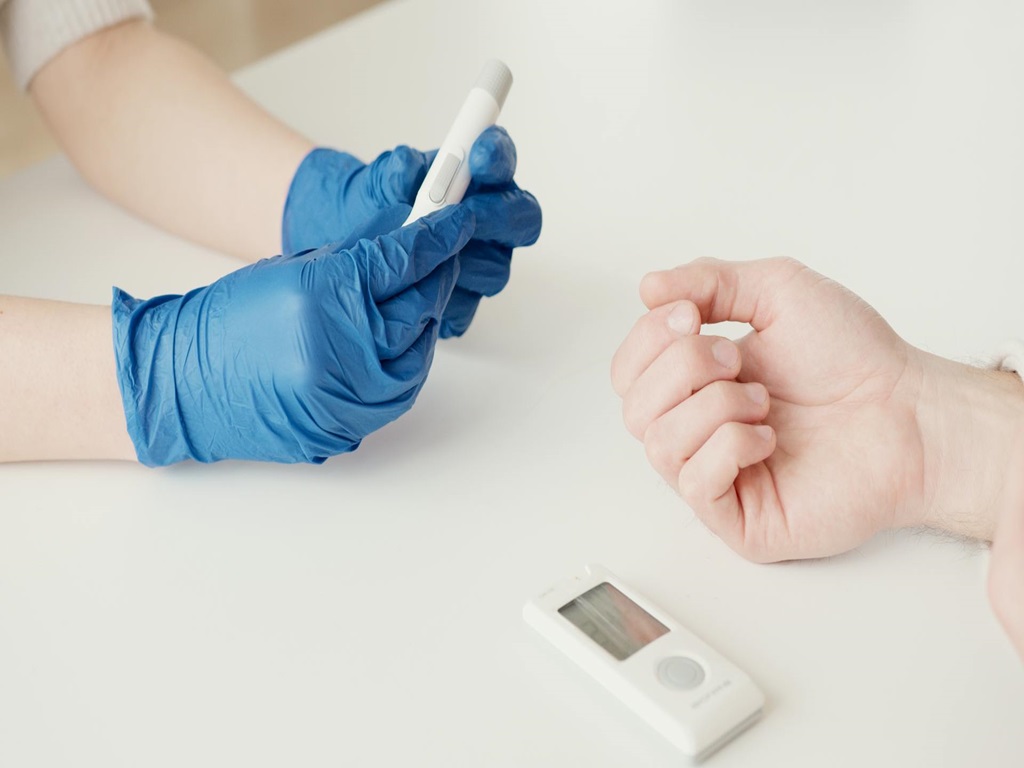Diabetes is a condition that affects how the body processes blood sugar, leading to potential health complications if not managed properly. Whether dealing with Type 1 or Type 2 diabetes, adopting a proactive approach can help maintain stable blood sugar levels and improve overall well-being. A combination of healthy eating, regular exercise, and medication management can make living with diabetes easier and more manageable.
Adopting a Balanced Diet
Nutrition plays a crucial role in diabetes management. A diet rich in whole grains, lean proteins, healthy fats, and fiber can help regulate blood sugar levels. Avoiding processed foods, sugary drinks, and refined carbohydrates can prevent sudden spikes in glucose. Portion control is equally important, as consuming large meals can overload the body’s ability to regulate sugar effectively. Meal planning and mindful eating habits can help maintain steady energy levels throughout the day.
Staying Active for Better Blood Sugar Control
Exercise is one of the most effective ways to manage diabetes. Physical activity helps improve insulin sensitivity, allowing the body to use glucose more efficiently. Activities such as brisk walking, cycling, swimming, and strength training can all contribute to better blood sugar regulation. Aiming for at least 30 minutes of moderate exercise most days of the week can provide long-term health benefits. Consulting a doctor before starting a new workout routine is recommended, especially for individuals with other health conditions.
Monitoring Blood Sugar Levels
Keeping track of blood sugar levels is essential for understanding how the body responds to different foods, activities, and medications. Regular monitoring can help detect patterns and prevent sudden highs or lows. Many diabetics benefit from using a continuous glucose monitor or a traditional blood glucose meter. Recording readings and sharing them with a healthcare provider can lead to better treatment decisions and improved diabetes control.
Managing Stress and Sleep
Chronic stress can negatively impact blood sugar levels by triggering the release of hormones like cortisol, which increases glucose production. Practicing stress-relief techniques such as meditation, deep breathing, or yoga can help manage emotions and improve blood sugar stability. Additionally, getting enough quality sleep is crucial, as poor sleep can lead to insulin resistance and higher glucose levels. Establishing a consistent sleep routine and avoiding screens before bedtime can promote restful sleep.
Taking Medications as Prescribed
For individuals with Type 1 diabetes, insulin therapy is necessary to regulate blood sugar levels. Those with Type 2 diabetes may be prescribed medications such as metformin or insulin to help the body process glucose efficiently. Adhering to prescribed medications, following dosage instructions, and communicating with a doctor about any side effects can ensure proper diabetes management.
Managing diabetes requires a combination of healthy eating, regular physical activity, stress management, and proper medication use. By adopting a proactive approach and making small but consistent lifestyle changes, individuals can maintain stable blood sugar levels and prevent complications. With the right strategies, diabetes can be effectively controlled, allowing for a healthier and more fulfilling life.

